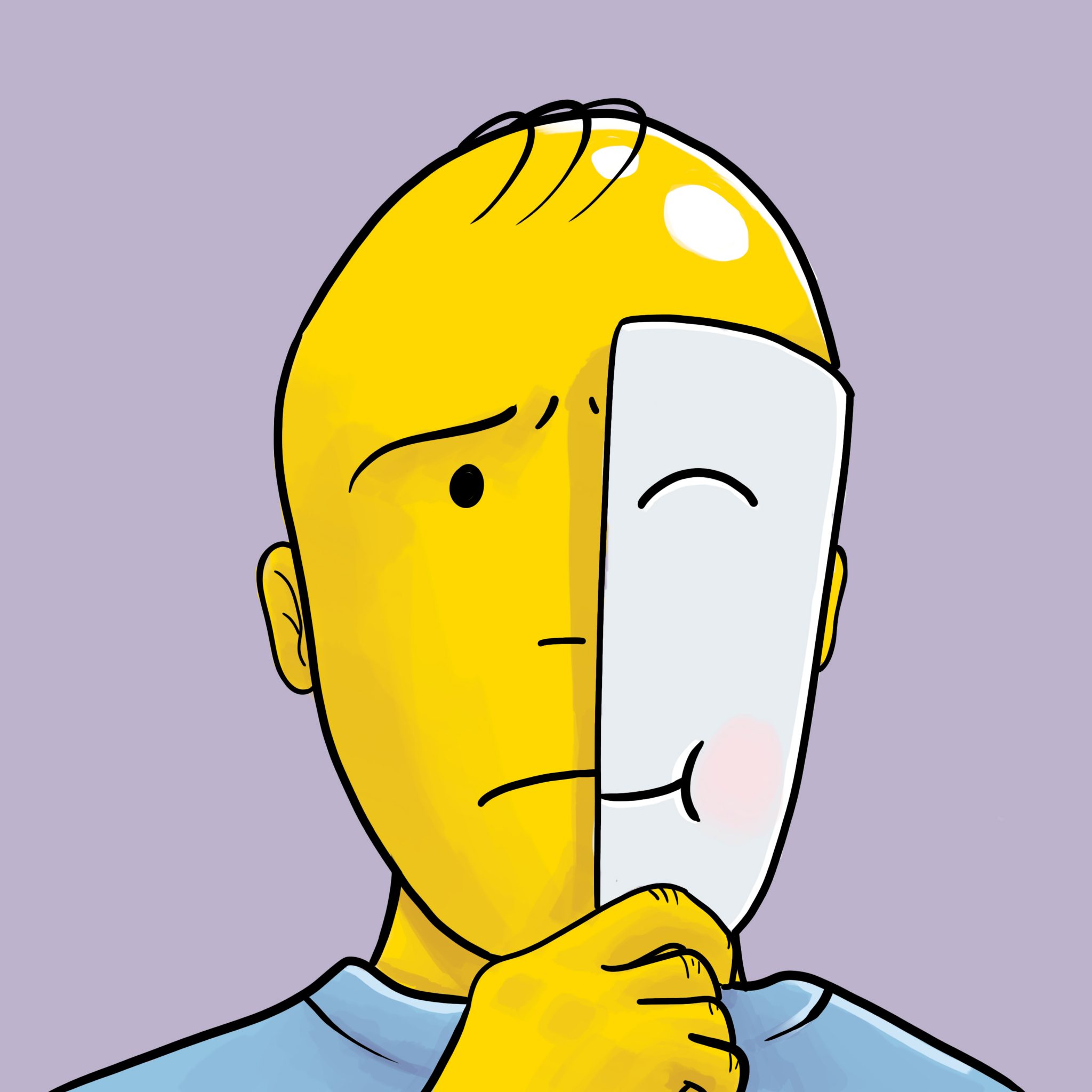Depression doesn’t look the same for everyone

In my social circles I often find others who view depression with these three main points in mind: first, their uncleanliness; second, they’re always walking around moping; and third, they’re someone who is introverted.
Of course, there are many more, but I find these to be the most popular assumptions, which is made even more clear when people act so surprised when they find out about my mental health.
My favourite comment is, “but you look so normal and you’re so outgoing…” I shouldn’t get offended by this, but how could I not, because it’s like they’re making judgements about me without trying to get to know me first. From another perspective, I should be happy I’m not disregarded for my invisible disability.
Recently, I’m happy to say I’ve noticed through social media many celebrities coming forward and stepping into the spotlight on their experiences with depression.
One of the more recent posts that stands out that I like to recall often is how people with depression can have the biggest smiles. I think the best example for that would be Robin Williams, one of the more famous comedians of the eighties and nineties.
After he died by suicide, those who didn’t know him where shocked. I don’t like to speculate, but I often wonder if his comedy routine was done as a coping mechanism. Dwayne Johnson AKA ‘The Rock’ is more of a popular face on social media more recently, telling others about his struggles with depression.
I am so thrilled with how celebrities are making an effort to take the stigma away from those who struggle with mental health. Even removing the word “normal” from our vocabulary. I mean, if normal means I’m a clone of those around me, I like being an individual with a creative lens. What I don’t like is being made to feel like an outsider by everyone around me because of my struggles with depression. I thought we were in an age of diversity?
I recently attended a Festival of Literary Diversity called FOLD in Brampton, run by the author Jael Richardson most recently the known for her memoir The Stone Thrower. I found out about FOLD through the local Wild Writers Festival I usually attend here in Waterloo.
Jael was running a memoir workshop I attended. At the end of the workshop, she spoke of a writer’s festival that she recently started in Brampton.
The festival was created for those who deal with diversity. Jael sparked my attention when the festival was geared towards non–white females, Indigenous individuals and those who struggle with mental and physical health issues. She made a valid point when she remarked on how you don’t see many authors in the spotlight that identify with this list.
I congratulated her on finding a space and helping draw the spotlight to these issues in the literary world. It made me feel like it was one more stigma on mental health being challenged by someone’s opinion that matters and who would be heard by many.
The topic of depression is very near and dear to myself and I hope to become a big part of the movement to remove the stigma and redefine ‘normal’ and what people view as depression, and the misconceptions that follow it.
The more this becomes the forefront of news the more those who struggle with this illness will feel accepted and not alienated from other members of society and thus aiding us down a better path.
No one is alone in this fight and needs to go quietly into the night. Community and connection are innate human traits and as such it would be great if we all try could mirror how we would like to be treated. Our struggles may be personal and affect our lives but they do not define who we are.


